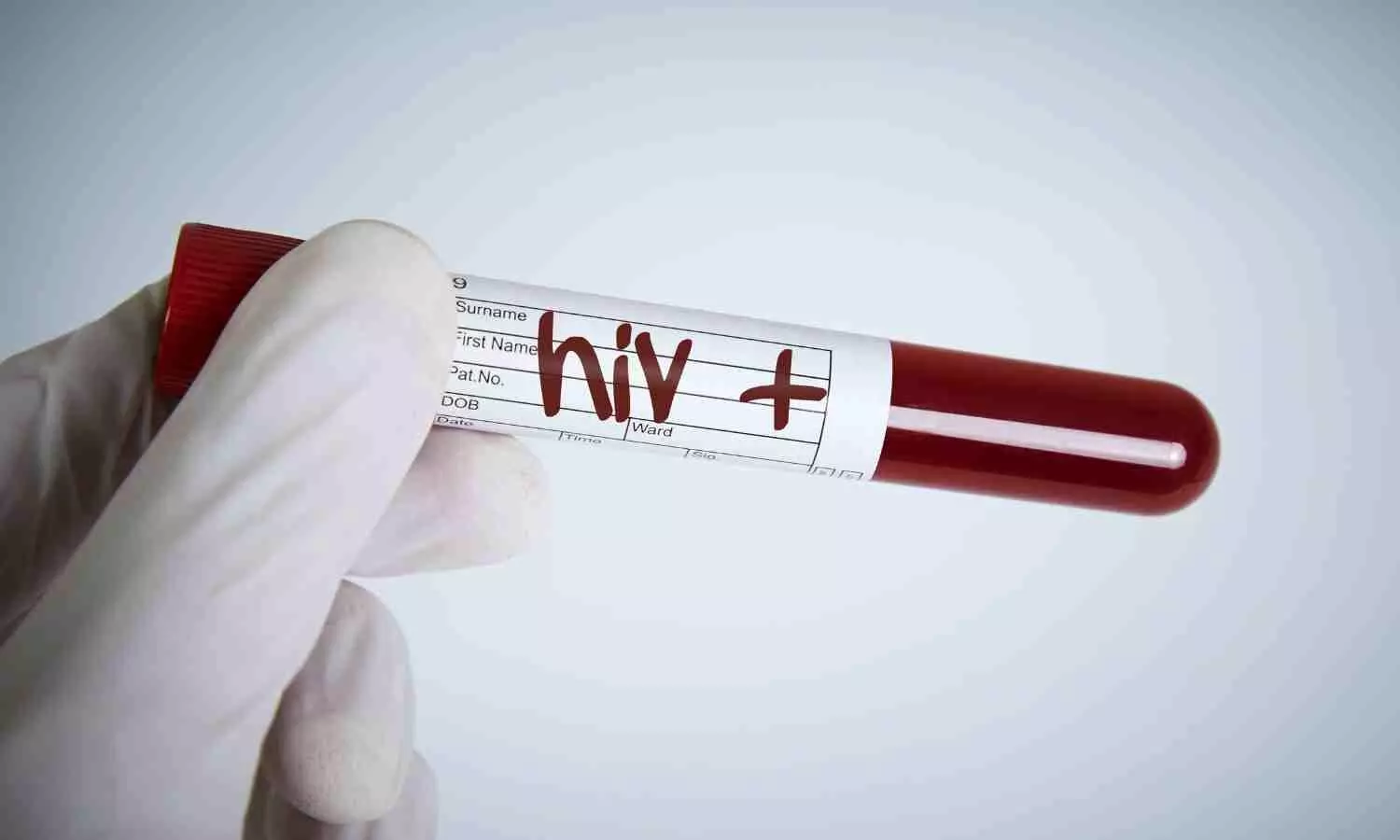Voluntary circumcision effective for preventing HIV infection among men who have sex with men: Study

A randomized controlled trial comprised of 247 men who have sex with men (MSM) found that voluntary medical male circumcision (VMMC) can prevent incident HIV infection. These findings suggest that MSM should be included in VMMC guidelines. The study is published in Annals of Internal Medicine.
Researchers from China enrolled uncircumcised, HIV-seronegative men aged 18 to 49 years who self-reported predominantly practicing insertive anal intercourse and had 2 or more male sex partners in the past 6 months in a trial to assess the efficacy of VMMC in preventing incident HIV infection. Once enrolled, all men received HIV counseling and testing and were then randomly assigned to immediate circumcision (intervention group) or circumcision delayed for 12 months (control group).
There were zero seroconversions in the intervention group and five in the control group, and the HIV incidence was lower in the intervention group. Given the context of this sample size and length of follow-up, the incidence rates of syphilis, herpes simplex virus type 2, and penile human papillomavirus were not statistically significantly different between the 2 groups. While VMMC may exhibit high protective efficacy, the authors caution that it is important to offer comprehensive protection against HIV with additional preventive measures. Recommendations include condom use, education to reduce the number of partners, regular HIV testing, and pre-exposure or post-exposure prophylaxis, as appropriate.
Reference:
Yanxiao Gao, Yuewei Zhan, Yinghui Sun, Weiran Zheng, Weijie Zhang, Leiwen Fu, Zhihui Guo, Huachun Zou, Efficacy of Voluntary Medical Male Circumcision to Prevent HIV Infection Among Men Who Have Sex With Men: A Randomized Controlled Trial, Annals of Internal Medicine, https://doi.org/10.7326/M23-3317.



